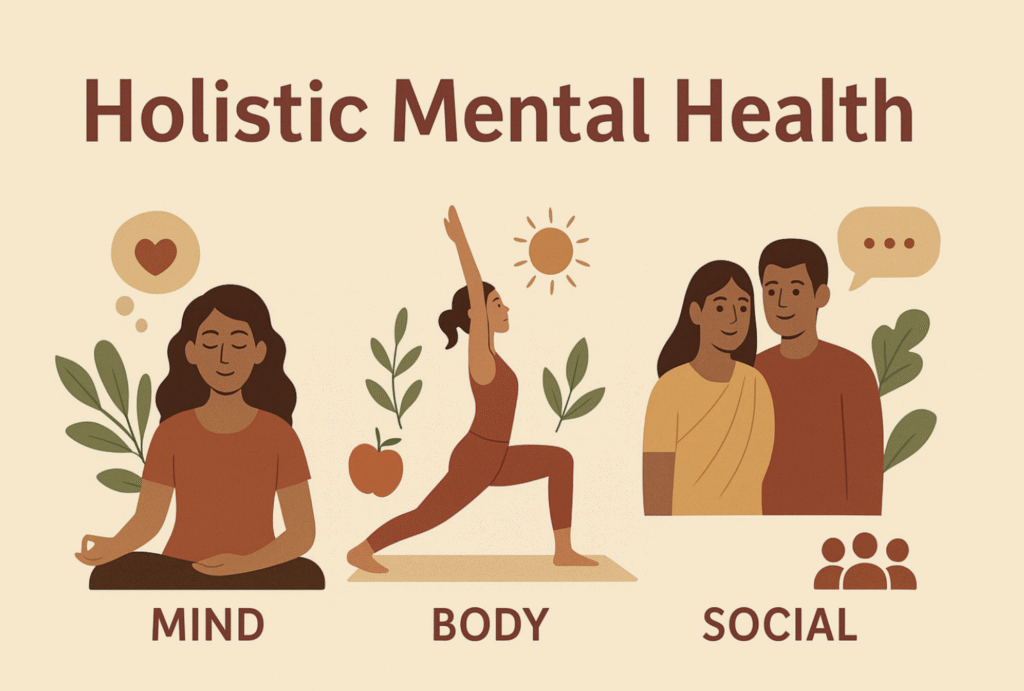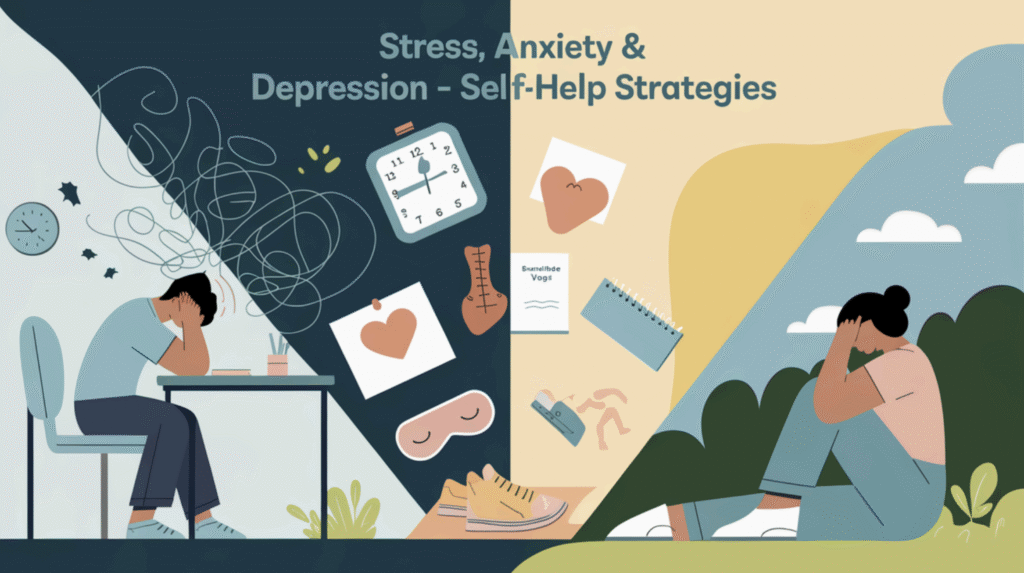Time Management: Zindagi ko Balance karne ki KalaBy Dr. Manju Agrawal – Professor & Psychologist, Mindspa
Har kisi ke paas din ke sirf 24 ghante hote hain, lekin phir bhi kuch log apne kaam, family, health aur hobbies sab manage kar lete hain, aur kuch log hamesha stress me rehte hain ki time kahan chala gaya. Yehi farq hai time ko manage karne aur time ke peeche bhaagne me. Kya hai Time Management?Simple shabdon me, time management ek habit hai – apne priorities ko samajhna aur unke hisaab se apne din ko design karna. Ye sirf office ke deadlines ya exams ke liye nahi, balki ek healthy aur peaceful life jeene ke liye bhi zaroori hai. Common Galtiyan jo hum karte hainHar chhoti cheez ko equally urgent samajh lena “Multitasking” ke naam pe focus lose kar dena Apne liye rest aur self-care ka waqt na nikalna “Main kal kar lunga” wali habit In habits ki wajah se time humare haath se nikal jaata hai aur guilt aur stress dono badh jaate hain. Kaise Suru karein?Priorities likhiye – Aaj ke 3 sabse important kaam note karo. Pomodoro Technique use karo – 25 min focus, 5 min break. Simple aur effective. Digital Discipline – Mobile notifications ko limit karo. ‘No’ bolna seekho – Har request accept karna zaroori nahi hota. Me-Time fix karo – Chahe 15 min hi sahi, par apne liye zaroor rakho. Psychological BenefitJab hum apna time consciously use karte hain, toh sirf productivity hi nahi badhti, balki stress kam hota hai, confidence improve hota hai aur life ka ek sense of control aata hai. Ek chhoti si ExerciseKal se apna din shuru karne se pehle ek simple sawaal likho:👉 “Aaj mujhe kin 3 cheezon pe focus karna hai jo mujhe raat ko khush aur santusht feel karayengi?” Is ek exercise se hi aap dekhoge ki din automatically structured lagne lagta hai. 🌿 Time management ek skill nahi, ek lifestyle hai. Aur jaise hi aap isko apnaate ho, life sirf busy nahi, balanced aur meaningful ban jaati hai. — Dr. Manju AgrawalProfessor & Psychologist | Mindspa India



